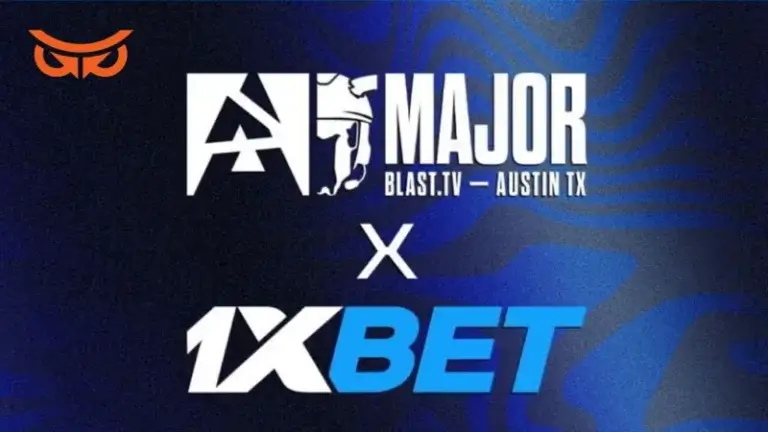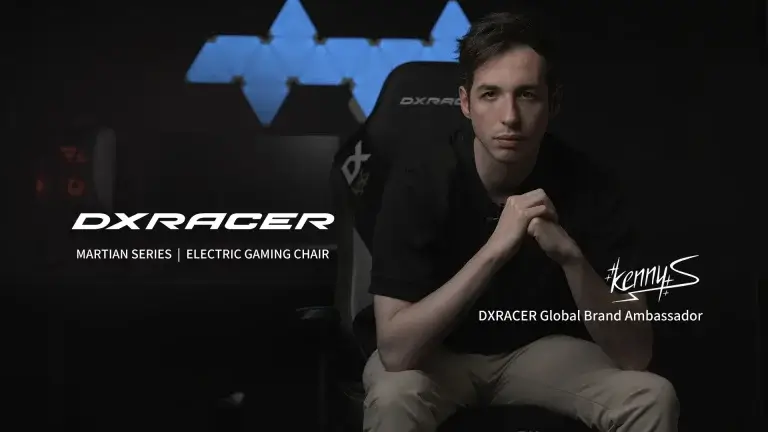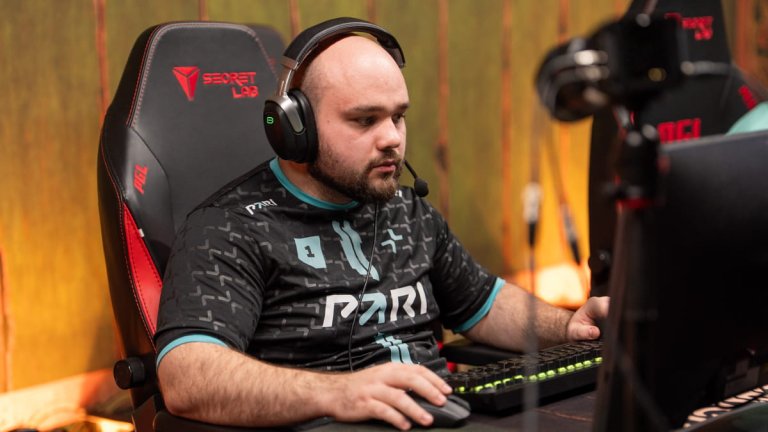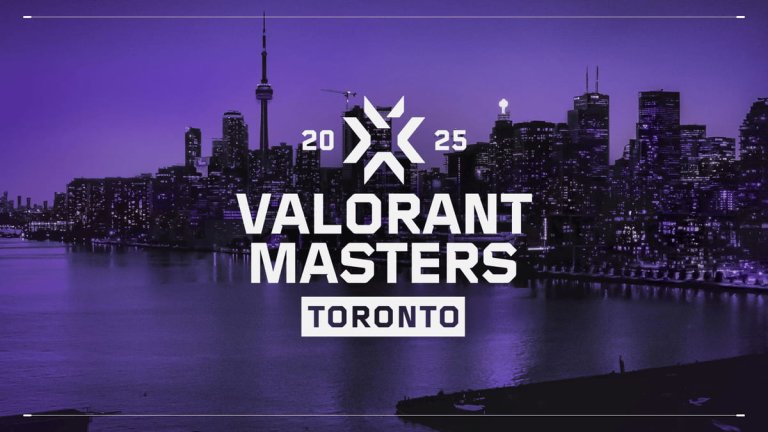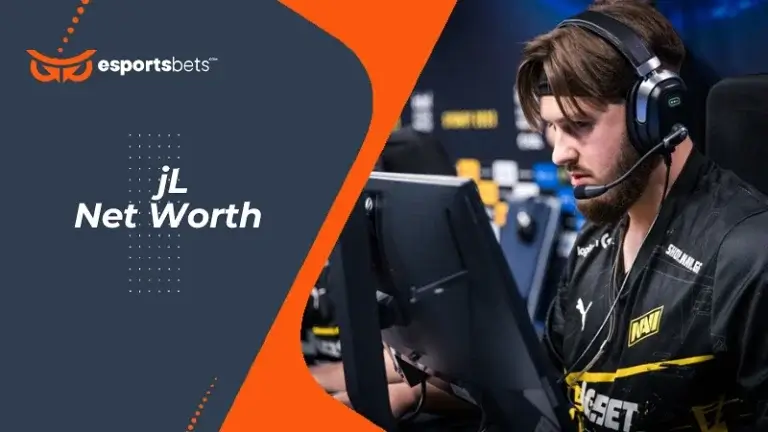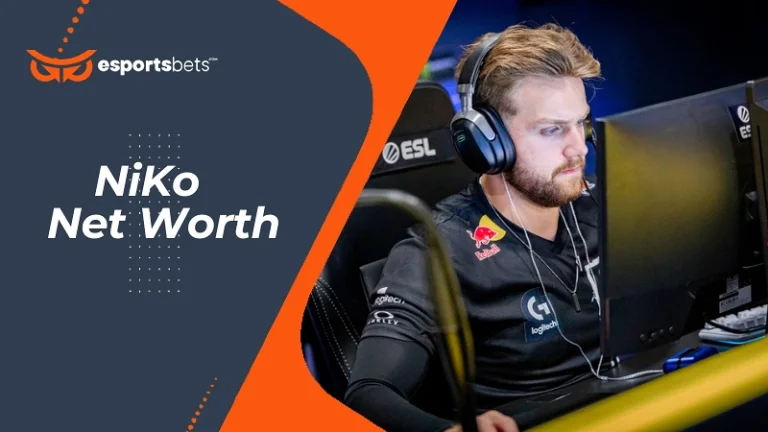Could Tokenization Fund Struggling Esports Teams?
Esports teams are big spenders without defined revenue streams that deliver clear profits to investors, many could be struggling, but they are an essential element of today’s gaming industry. Could their saviour be tokenization instead of traditional investment and capital injection?
Sascha Steffens, the founder of Method & MMG, writing on LinkedIn at the weekend declared:
“Esports organizations are on the brink of extinction and FaZe Clan’s plummeting stock is a key factor.”
FaZe is one of a number of publicly listed esports teams and the organization’s value has nosedived by 90% since a Forbes 2022 “most valuable,” listing in May 2022. Many esports teams are not publicly listed so their finances are not as easy to get access to, but Steffens believes others are in a “similar situation” to FaZe.
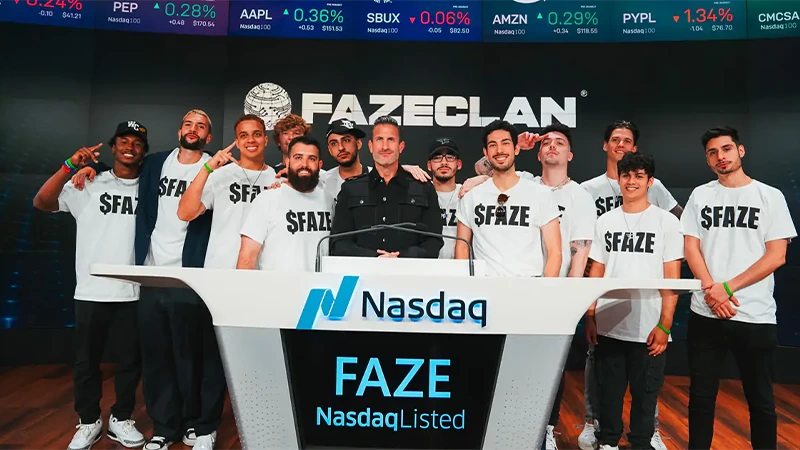
Credit: FaZe Clan
Esports team profits, from wins, sponsorships and merchandise, are hard to forecast. Capital injections from willing investors can ebb and flow with the popularity of titles and the success of teams. And, like traditional sports counterparts, acquiring and keeping the best esports players is expensive.
You may also be interested in: Is Crypto Dead? – Navigating Cryptocurrency Evolution
Back from the brink?
Alternative funding options, as Steffens suggests, may originate in the Web3 and blockchain ecosystem but “gamers have been rejecting the inclusion of blockchain technology.”
Blockchain experts and developers, Consensys, list four benefits of blockchain for esports including:
- enhancing fan interaction
- new revenue models through tokenized teams
- new markets for sports betting and collectibles trading
- enabling athletes to crowdfund their performance
Potentially, and more specifically, tokenization may be a direct funding solution for esports teams. If a team tokenizes its ownership, offering shares as crypto tokens or NFTs, it opens up investment to a wider audience and without the esports team needing to be publicly listed. Fans could own shares in their favourite teams, or even players, as easily (and in the same way) as purchasing crypto.
Esports exploring tokenization
Dota 2 champions OG became the first tokenized team in July 2019, offering OG Fan Tokens with exclusive benefits and certain voting rights for team activities.
Towards the end of 2022, up-and-coming team Loud revealed it is a fan of the potential of blockchain and Web3. Co-founder Mathew Ho told Decrypt the team was looking to “go direct to consumer,” and “add value,” and:
“Allow us to find a more sustainable way towards monetization and solving this massive issue that you have within the realm of esports organizations’ business models.”
Ho says Brazilian fans are more open to crypto and NFTs than “many Western gamers,” and in Latin America there’s a “heavily unbanked audience,” and unstable local currencies.
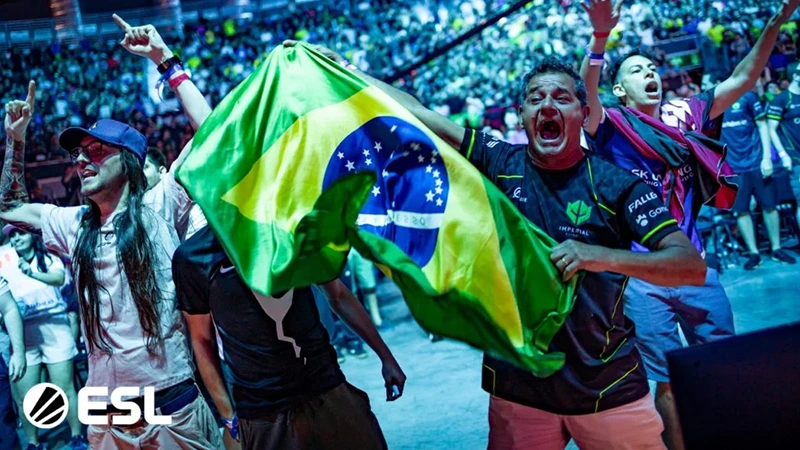
Credit: ESL
Spacecaps is the company developing the fan platform for Loud to reward followers. OG partnered with blockchain company Socio and last-year G2 Esports developed a Solana blockchain-based membership club.
Regulatory concerns and gamer pushback mean slow progress
Tokenization for esports teams can range from loyalty and exclusivity rewards, NFT collectible and platform and game participation, right through to the actual ownership of teams. This latter, tokenized equity, means that players could have equity shares represented by blockchain-based tokens. It’s a model that’s emerged led by blockchain companies of all kinds and it is now being adopted by non-blockchain companies who leap into this new technology and funding opportunity. There is still, however, extensive regulatory concerns for this new way to raise cash, and there are issues around investor protection.
Web3, crypto and tokenization are all permeating the gaming and esports industry, despite pushback from some gamers. The cross-over between the industries, all patronized by Millennials and Gen Z, is a very natural one that’s recognized as an opportunity by key industry players. What’s also interesting is that GlobalData statistics suggest that cryptocurrency companies were healthy spenders on esports sponsorships in 2022.
Illustrating the other natural industry cross-over, and an element that may grow sooner than the tokenization of esports teams, is betting company sponsorship of esports teams. Esports betting is a rapidly growing gambling niche globally and the big names in online betting aren’t ignoring the potential. G2 Esports has partnered with Betway and FaZe Clan with Draft Kings, but some publishers do impose restrictions on betting sponsorships including EA and Epic Games.
